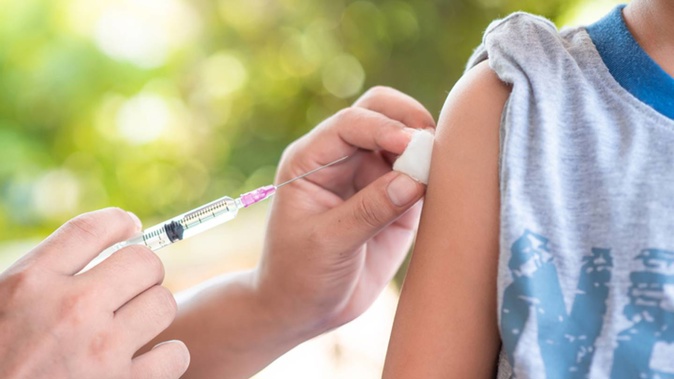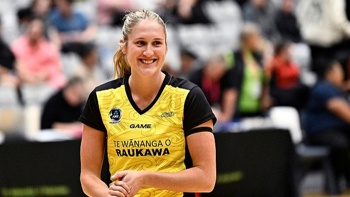
OPINION:
New South Wales just reported its first two cases of diphtheria in decades. Both in unvaccinated kids.
Vaccine-preventable infections are just that: preventable. Almost completely so. The success rates of modern childhood vaccinations often run to 98 or 99 per cent. There's nothing in medicine more effective, or cost-effective, at preventing illness, disability, and death than childhood vaccinations.
One child in New South Wales currently remains in intensive care. His unvaccinated brother also has diphtheria, and was admitted as a precaution.
These cases may be a wake-up call for Australia, but they should be considered a tsunami-siren for New Zealand.
Until the vaccine era began in earnest in the 1950s, diphtheria was a common childhood killer. Starting with a sore throat and fever, within two days it can create a grey membrane capable of skinning over and sealing up the child's throat.
It virtually disappeared in high-income countries for decades due to high vaccination levels.
What's got me concerned is that these diphtheria cases are now happening in a country with fairly good childhood vaccination rates. Australia has fully vaccinated 92 per cent of its two-year-olds.
If you compare that to New Zealand's poor results, it begs the question of when we will see our next outbreak of diphtheria, measles, pertussis, or meningococcal disease. In my opinion, it's not a matter of if but when we start seeing outbreaks. And wholly preventable deaths.
Current published figures for the latest three-month period ending 31 March 2022 show only 68 per cent of 18-month-old children in this country were fully vaccinated. The 18-month-old numbers are notable because they are the lowest among all the age brackets, perhaps related to the impact of Covid.
But other countries faced Covid upheavals as well, and most of them suffered far more disruption than New Zealand. Yet our childhood vaccination rates for measles, mumps, rubella, diphtheria, pertussis and tetanus are still worse than the Slovak Republic and Turkey.
If you drill down the publicly-available heath.govt.nz data and look at specific groups, it gets even worse. Looking at the aforementioned age bracket, 18-month-olds, one sees only 47 per cent of Northland children were fully vaccinated.
Northland is my home, and where I work. Dig a bit further, and the government is posting frankly shocking, worse-than-third-world numbers: 39.7 per cent among the poorest decile (10 per cent) of Northland children. These numbers are so low they're frightening. For Māori, a general rule-of-thumb is that vaccination rates are a further 10 per cent lower.
The result: a child could be better protected from vaccine-preventable diseases in an economically devastated or developing country than they are in many parts of New Zealand.
What the numbers further reveal is that there are two New Zealands: the wealthy and everyone else. While the poorest scrape 39 per cent vaccination rates, the richest 10 per cent of Canterbury kids enjoy the highest vaccination rates in New Zealand at 95 per cent. The waves of coming infection will spare them.
/cloudfront-ap-southeast-2.images.arcpublishing.com/nzme/M4LQ3E3LGFUGQSXUICTZHJKMTE.jpg) Gary Payinda. (Photo / Supplied, File)
Gary Payinda. (Photo / Supplied, File)
Among medical folk, it's said we need to maintain 95 per cent vaccination rates to keep measles outbreaks from occurring. That level of vaccination creates herd immunity, protecting the 1 to 2 per cent of kids who cannot get vaccinated with the MMR vaccine for genuine medical reasons.
Two questions loom large in my mind: how did we ever let it get this bad? And why are we shamed in our childhood vaccination rates not just by Australia and OECD nations, but even some of the world's most impoverished nations?
Pre-Covid, Bangladesh was managing 84 per cent childhood vaccination rates. They spend $40 a year on healthcare per person. We in New Zealand spend literally 100 times more than that, yet have no better childhood vaccination results.
Leaving our non-wealthy kids unvaccinated is not inevitable. It doesn't have to be this way. It's a decision we've made to allow it to remain so. And one that will come back to haunt us.
Dr Gary Payinda is an emergency medicine and helicopter retrieval doctor working in Northland and Auckland.
Take your Radio, Podcasts and Music with you









